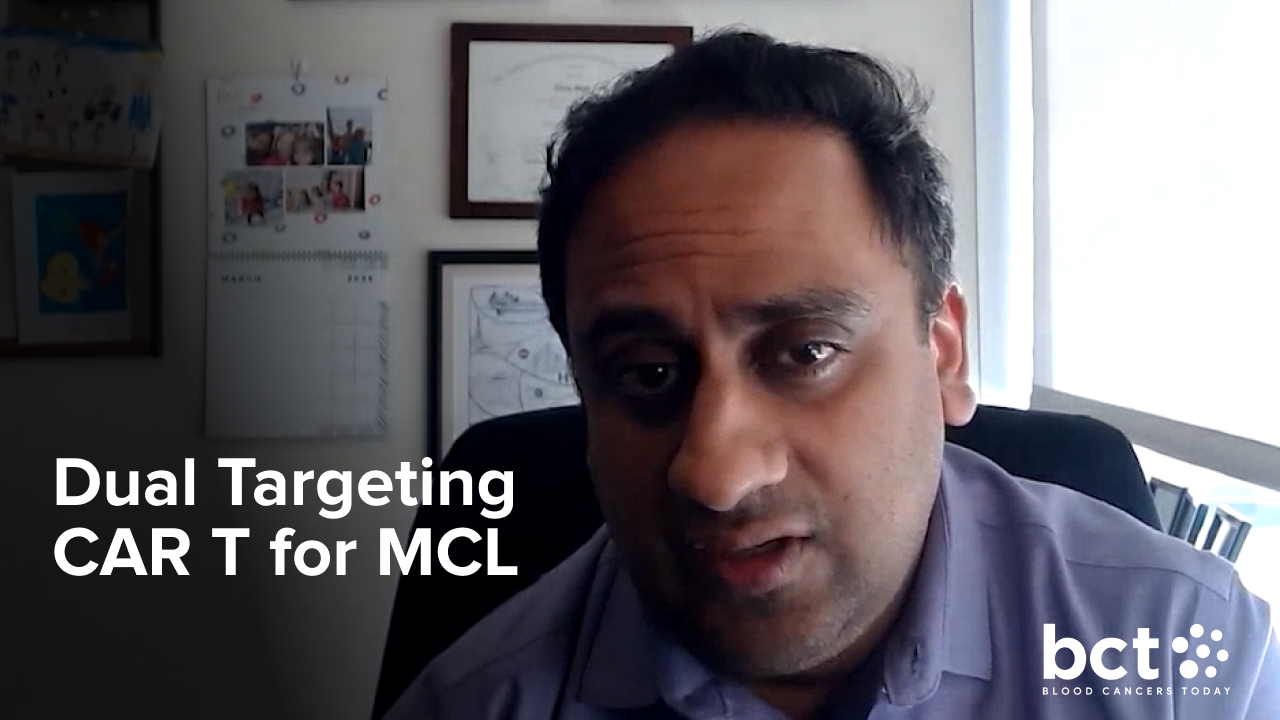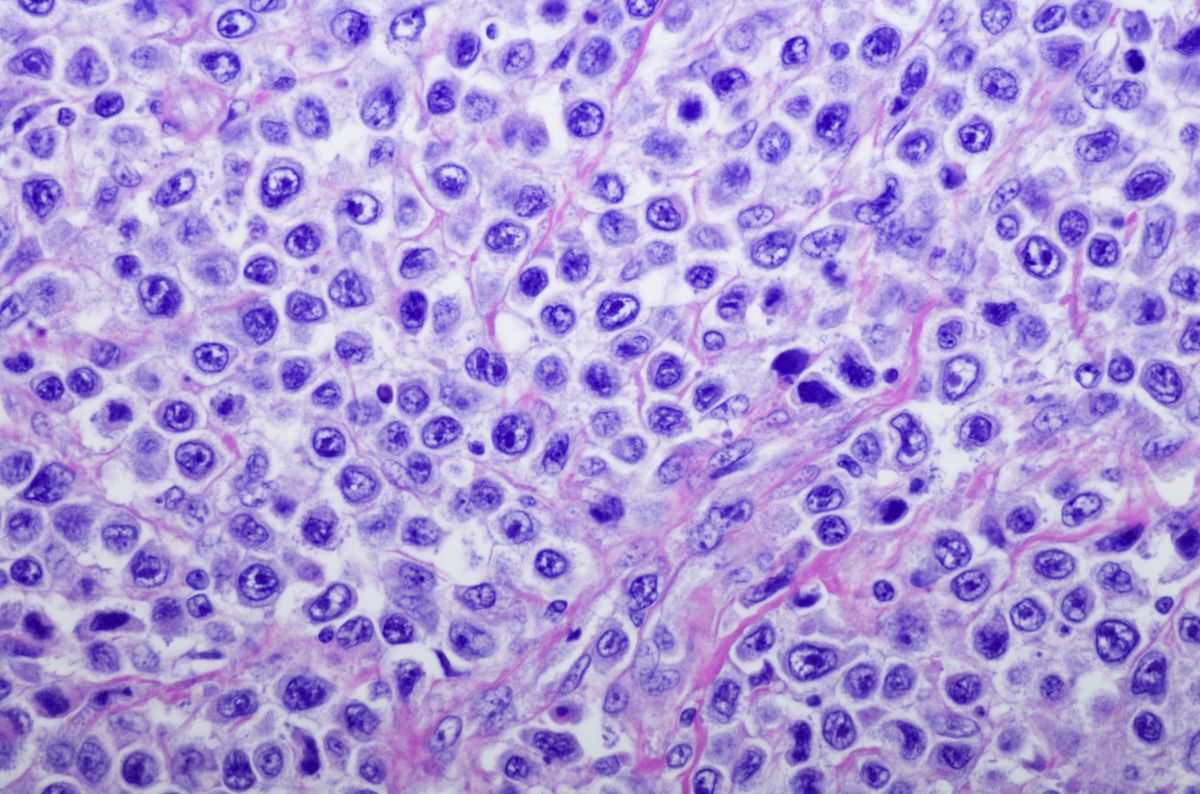
An updated safety management protocol emphasizing early intervention with tocilizumab and corticosteroids after brexucabtagene autoleucel (brexu-cel) treatment helped to prevent neurologic events (NEs) and grade ≥3 infections in patients with relapsed or refractory mantle cell lymphoma (MCL), according to a recent study.
The study was presented at the 65th American Society of Hematology Annual Meeting & Exposition in San Diego, California, by Olalekan Oluwole, MBBS, of Vanderbilt University Medical Center in Nashville, Tennessee, and colleagues.
The data came from ZUMA-2, a phase II, open-label, multicenter, single-arm trial in which participants received an infusion of the anti-CD19 chimeric antigen receptor (CAR) T cell brexu-cel.
ZUMA-2 began enrolling patients in November 2015, but in August 2018, the study’s management strategies for cytokine release syndrome (CRS) and NEs were updated to initiate treatment earlier at the onset of grade 1 events. Specifically, the updated guidance called for administering tocilizumab for grade 1/2 CRS that does not improve after 24 hours, and tocilizumab plus corticosteroids and vasopressors for grade 2/3 CRS.
The study compared the initial (later intervention) versus updated (early intervention) CRS and NE management strategies in terms of their respective four-year safety outcomes.
Of the 68 treated patients, 40 received early intervention in accordance with the updated guidance and 28 received the later intervention in accordance with the initial guidance.
Grade ≥3 CRS events occurred at similar rates in both groups. However, grade ≥3 NEs and grade ≥3 infections occurred less often in the early intervention group. Only 20% of these patients had grade ≥3 NEs compared with 46% in the later intervention group; 30% in the early intervention group had grade ≥3 infections compared with 71% receiving later intervention.
Additionally, a lower percentage of early intervention patients required steroid, vasopressor, and immunoglobulin use than patients in the later intervention cohort, and CAR T-cell expansion levels were numerically lower with early intervention.
“Although limited by small patient numbers, these findings support the current clinical guidance for safety management during brexu-cel treatment,” the authors wrote.
Reference
Oluwole O, Reagan P, Miklos D, et al. Assessment of early intervention strategies for management of cytokine release syndrome and neurologic events after brexucabtagene autoleucel (brexu-cel) treatment in patients with relapsed or refractory mantle cell lymphoma (R/R MCL) in ZUMA-2. Abstract #2120. Presented at the 65th ASH Annual Meeting & Exposition; December 9-12, 2023; San Diego, California.






 © 2025 Mashup Media, LLC, a Formedics Property. All Rights Reserved.
© 2025 Mashup Media, LLC, a Formedics Property. All Rights Reserved.